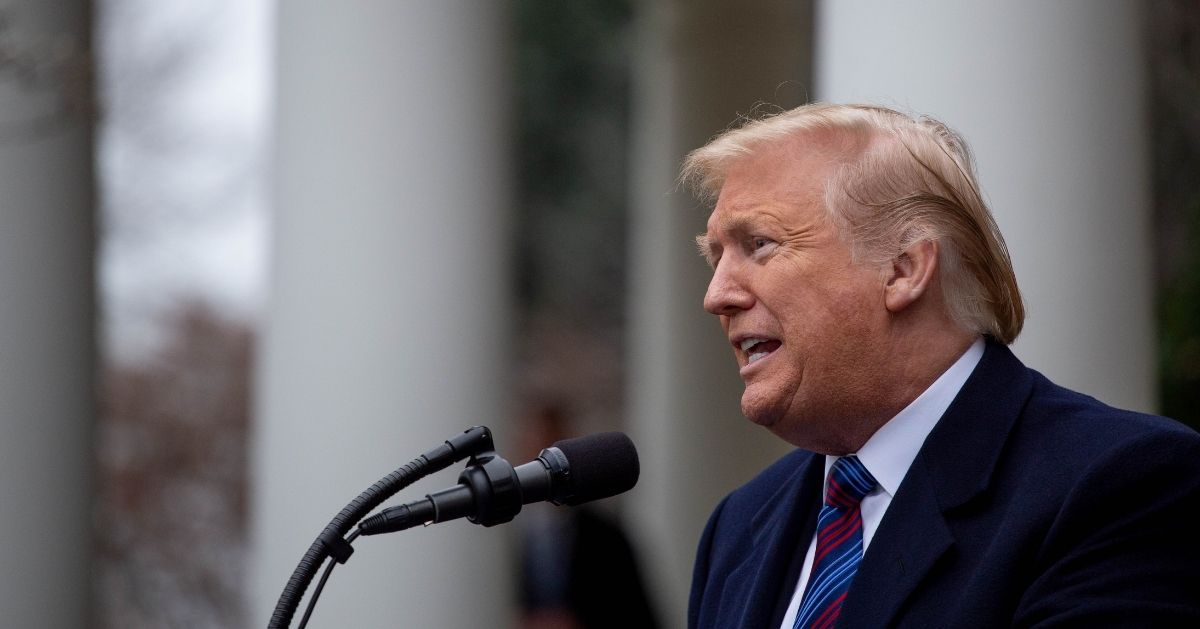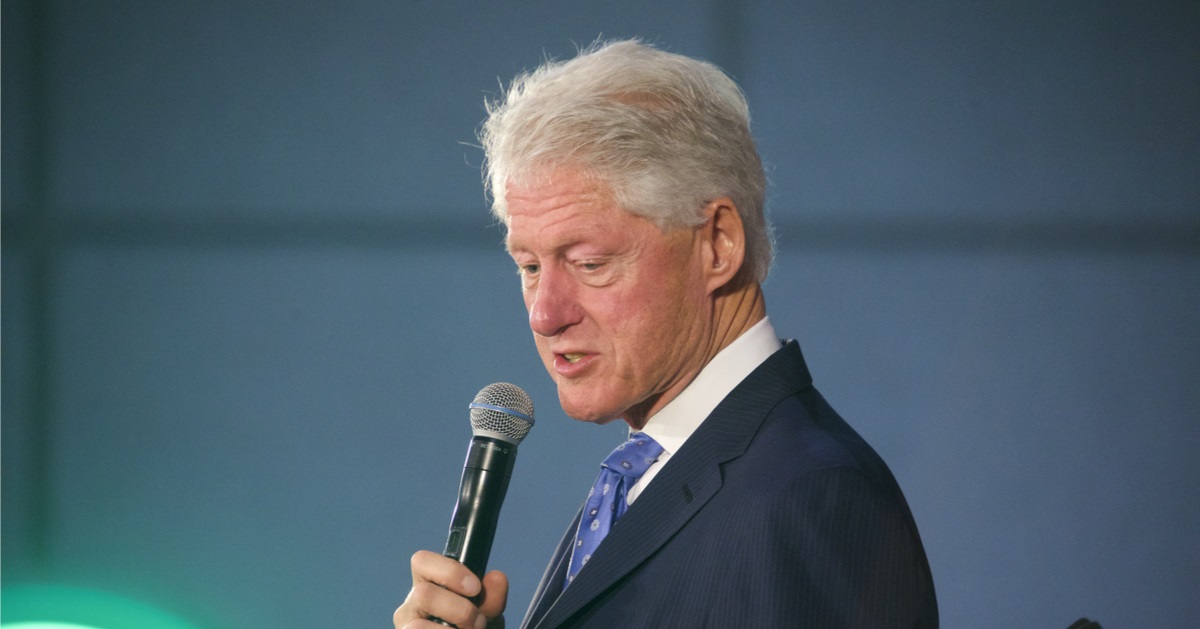DC Appeals Court rules Trump has authority to fire certain executive branch employees
President Donald Trump has exercised his authority as head of the executive branch to reduce the size and scope of the federal bureaucracy, including by firing certain presidential appointees on various boards and commissions, only to be blocked from doing so by partisan district judges.
A federal appeals court panel ruled on Friday to lift a district court's injunction against Trump's efforts to dismantle the so-called U.S. Institute of Peace, according to The Hill.
The appellate court's ruling follows a separate but similar decision by the Supreme Court last month that allowed Trump to fire the heads of two ostensibly independent federal agencies, confirming the seemingly common-sense notion that the head of the executive branch can terminate employees of said branch at their discretion.
Trump blocked from reducing USIP, firing employees
On February 19, President Trump issued an executive order to dramatically reduce the size and scope of, among other bureaucratic agencies, the U.S. Institute of Peace, which he deemed to be "unnecessary" and a contributor to waste, fraud, and abuse of federal spending.
The USIP, per The Hill, is a purportedly independent and nonpartisan entity created by Congress that is tasked with working to prevent violent conflicts and negotiate peace deals in hot spots around the globe.
Roughly one month later, following a confrontation between remaining USIP officials and the Department of Government Efficiency, Trump proceeded to fire several board members, dissolve the agency, and transfer control of its headquarters building to the General Services Administration, which predictably prompted a lawsuit.
In May, according to CBS News, D.C. District Judge Beryl Howell ruled that the administration's "takeover" of USIP was "unlawful," declared Trump's orders to reduce it and terminate its employees to be "null and void," blocked the president and his team from taking any further action against the agency, and ordered that the fired bureaucrats and officials be immediately reinstated to their prior positions.
The administration quickly appealed Howell's ruling, and a White House spokesperson said at the time, "President Trump is right to reduce failed, useless entities like USIP to their statutory minimum, and this rogue judge's attempt to impede on the separation of powers will not be the last say on this matter."
The president can fire executive branch employees who "wield substantial executive power"
As it turned out, that White House spokesperson's statement was rather prescient, as a three-judge panel of the D.C. Circuit Court of Appeals finally ruled on Friday to impose a stay pending appeal on Judge Howell's orders and allow the Trump administration to proceed with its dismantling of the USIP.
"As a general rule, the President may remove executive officers at will," the panel observed, though it acknowledged that the "Supreme Court has recognized a narrow exception for 'multimember expert agencies that do not wield substantial executive power' and that exercise 'quasi-judicial' or 'quasi-legislative' power."
That "narrow exception" doesn't apply in this case, however, the judges determined, because "the Institute engages in extensive activities within the
domain of the President’s foreign affairs powers," and as such, "exercises substantial executive power" on behalf of the president.
The appellate panel further found that "The President’s inability to control the Institute’s exercise of these 'significant executive power[s]' undermines his ability to set and pursue his foreign policy objectives," which causes the president "irreparable harm from not being able to fully exercise his executive powers. That harm outweighs any harm the removed board members may face."
In the end, the panel cited the recent Supreme Court decision in Trump v. Wilcox, which concluded, "the Government faces greater risk of harm from an order allowing a removed officer to continue exercising the executive power than a wrongfully removed officer faces from being unable to perform her statutory duty."
Ultimately, what the appellate court decided, admittedly following the lead of the Supreme Court, is that the head of the executive branch does indeed have the authority to fire the employees of the executive branch who work for him -- a seemingly basic and broadly understood concept that somehow became novel in recent months in the minds of anti-Trump partisans.






